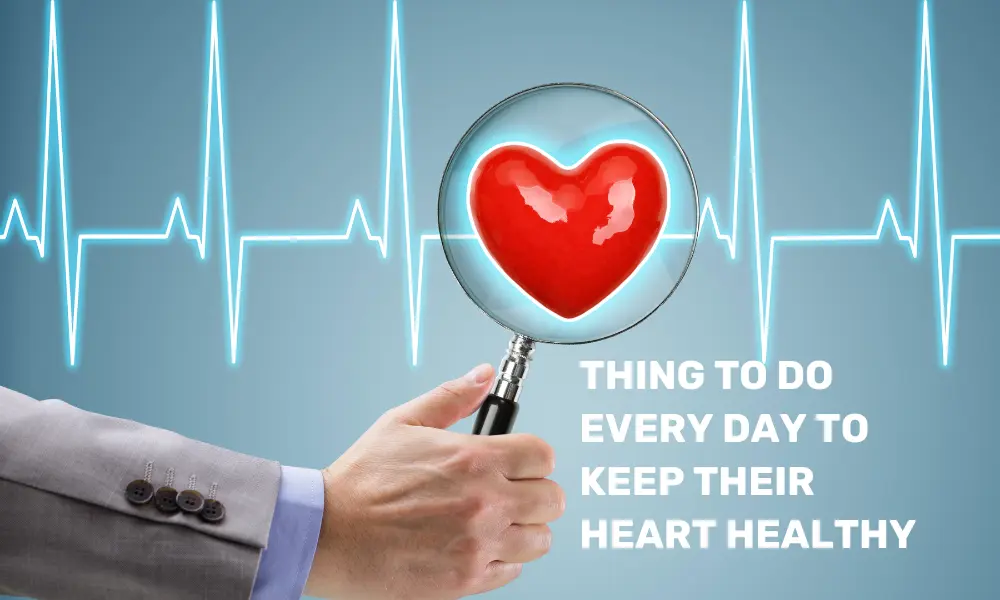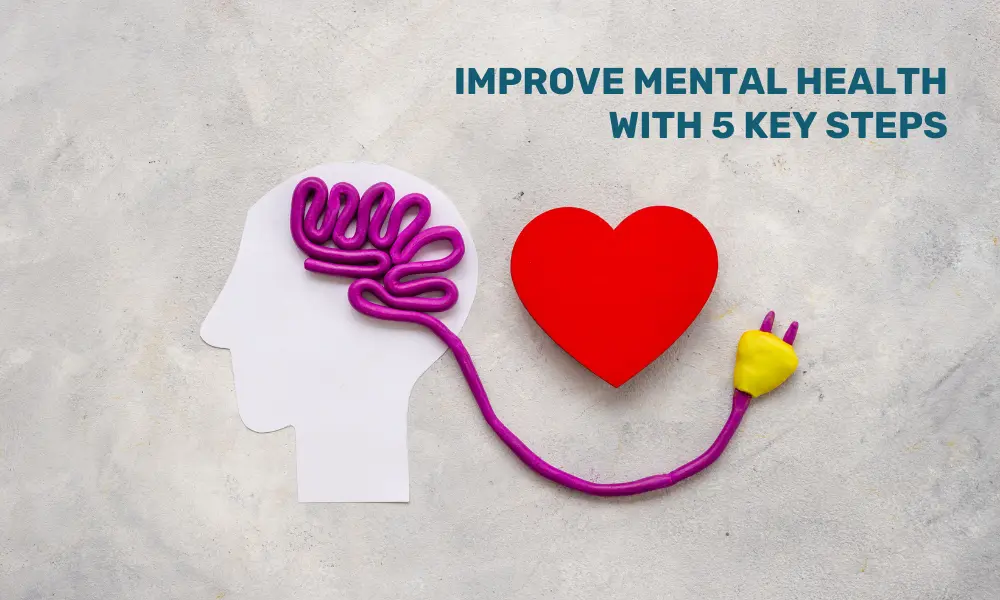The heart is one of the most important organs in our body. It helps to pump oxygen-rich blood to different parts of the body. Therefore, it is important that we have a healthy heart. If an individual’s heart doesn’t work properly, it affects the functions of the other body parts. One must take the necessary steps to keep the heart healthy.
It is vital that we take part in some form of physical activity every day. This can be walking, cycling, or any other form of physical activity. There is a direct relationship between exercise and cardiovascular well-being
Why should we exercise regularly?
Cardiologists worldwide have recommended regular exercises maintaining cardiovascular health. This is because of below reasons:
-
Exercise strengthens the heart muscle
-
Enhances blood circulation
-
Assists in managing blood pressure
-
Helps in controlling cholesterol levels
-
Helps in weight control
Additionally, it is important to encourage children to be active from an early age so that a foundation for lifelong health is laid right in their early years.
In our country cardiovascular diseases have turned into a silent epidemic of sorts and represent at least 27% of all fatalities, it is therefore crucial to take the best possible care of our heart health.
What happens When we exercise regularly?
-
One daily habit to maintain heart health is to be physically active, one must aim for at least 2.5 hours of physical exercise per week.
-
Physical exercise helps to improve cholesterol levels, blood pressure, and other blood lipids, and weight control.
-
Regular aerobic exercise, such as jogging, can reduce the risk of developing heart related cardiovascular disease by lowering blood pressure and thereby improving the heart health.
-
Incorporating regular exercise into one’s daily routine offers several benefits that contribute to maintaining a healthy heart. When we exercise, our heart pumps blood more vigorously, enhancing blood flow to all parts of the body, including vital organs like the brain and muscles.
-
This improved blood circulation helps deliver oxygen and nutrients to cells while efficiently removing waste products, ultimately supporting overall cardiovascular function.
-
Regular exercise help in managing blood pressure. By doing activites like brisk walking, running, or cycling, individuals can help lower their blood pressure levels over time.
-
Being physically active can also help to manage our cholesterol levels, which means it helps to raise high-density lipoprotein (HDL) cholesterol, also known as “good” cholesterol, and reduce low-density lipoprotein (LDL) cholesterol, also known as “bad” cholesterol. Bad cholesterol builds up in the blood vessels, which is also known as plaque. This can affect the blood flow to and from the heart, which can result in heart disease, heart attack, increased blood pressure, and stroke, among others.
-
Lastly, regular exercise can also help in weight management and reduce the risk of obesity. Obesity is a significant risk factor for heart disease. Participating in physical activity helps burn calories, boost your metabolism and also build lean muscle mass, all of which can help in maintaining cardiovascular health.
In a nutshell it is important to stay physically active most of the day during a week to maintain a healthy heart. One can start doing intense yoga, brisk walking, cycling, jogging, and running. All these exercises improve our cardiovascular health and overall health of the body. Additionally, one must consult a doctor regularly in case of high blood pressure, cholesterol, or heart disease.
FAQ on Keeping Heart Healthy
How can I make my heart stronger?
-
Eat a heart-healthy diet
-
Stay Physically active
-
Maintain a healthy weight
-
Control your cholesterol, blood glucose (sugar), and blood pressure.
-
Avoid smoking and second-hand smoke.
-
Drink alcohol only in moderation.
-
Manage stress.
-
Get enough sleep.
What foods make your heart stronger?
-
Fish high in omega-3 fatty acids
-
Lean meats and Eggs
-
Nuts, seeds, and soy products
-
Legumes like kidney beans, lentils, chickpeas, black-eyed peas, and lima beans.
How to avoid heart blockages?
-
Eat a healthy, balanced diet
-
Be more physically active
-
Keep to a healthy weight
-
Give up smoking
-
Reduce your alcohol consumption
-
Keep your blood pressure under control
-
Keep your diabetes under control
-
Take any prescribed medicine





